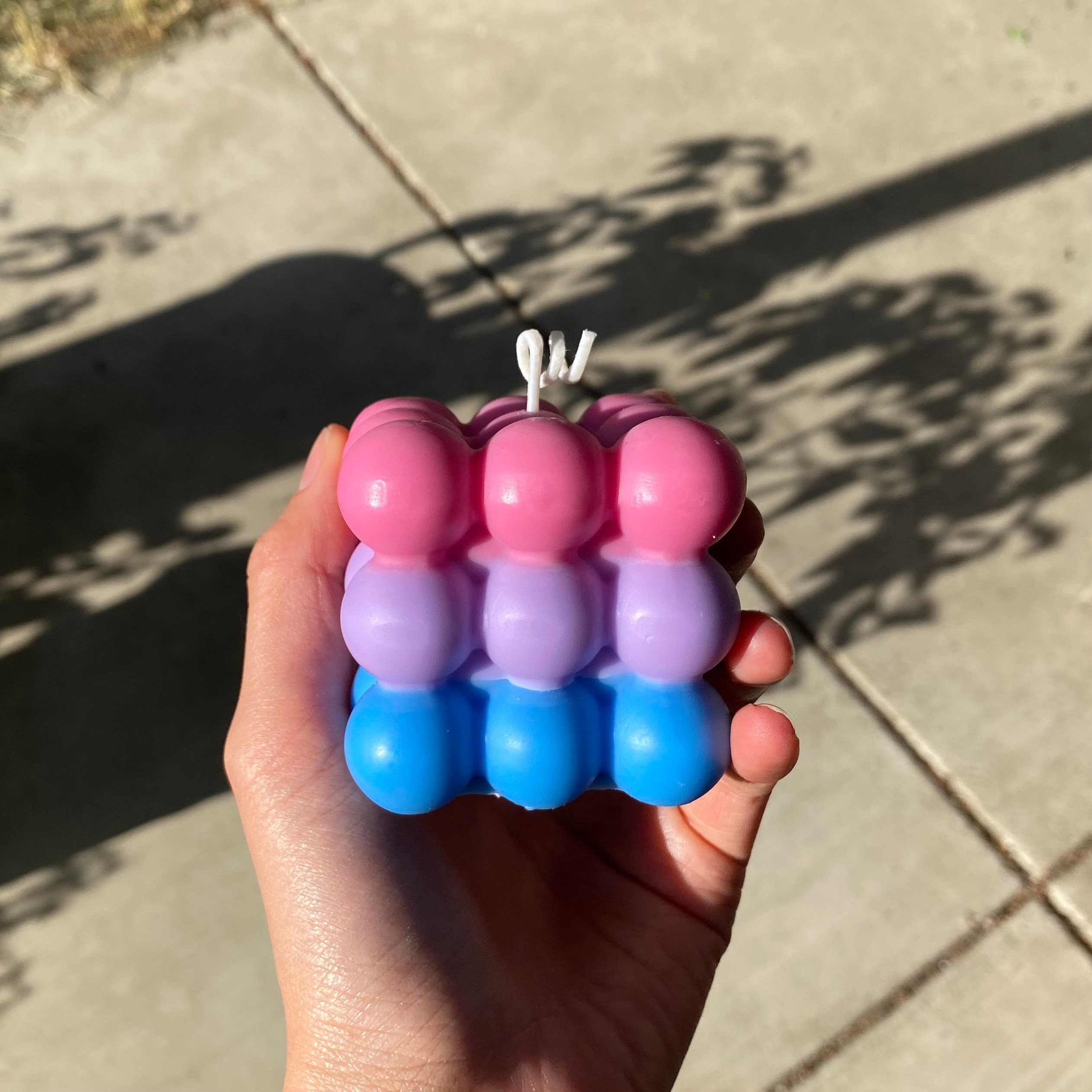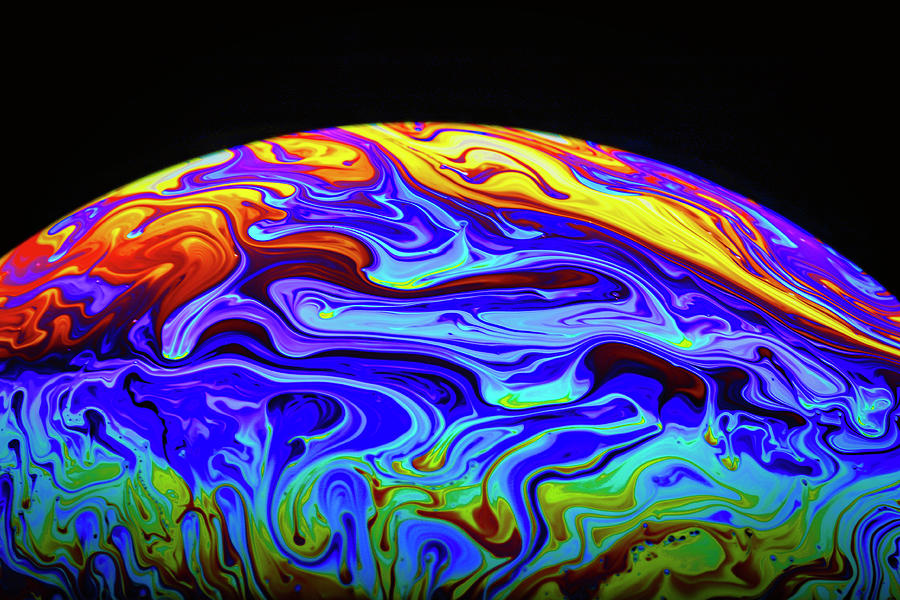

In July 2019, Michael Dante DiMartino, one of the series creators, in an interview with EW, noted that while the show's crew had always believed Kyoshi was bisexual, her feelings toward women and men were actually only explored in the young adult novel and in the comics branching off of the series. Similarly, Kya of Legend of Korra was shown to be lesbian in the graphic novel following the series finale. In the aftermath of series finale, which aired on Nickelodeon and, there were debates about "queer representation in children's media." Some noted that while the relationship between two bisexual characters, Korra and Asami, was built up during the course of the series, the words "I love you" were never uttered, nor did the characters kiss. As such, the show became one of the first western children's animation series to not only feature major LGBT characters, but also a lead LGBT character. On December 19, 2014, The Legend of Korra, another Nickelodeon show, aired their season finale, which showed Korra and Asami holding hands, showing they are in a relationship.

In 2016, it was revealed that Hillenburg instructed those working on the show that SpongeBob should never have a romantic relationship, since he is asexual (as all real-life sea sponges are) and is too innocent for it. He repeated this in 2002 when Focus on the Family claimed that SpongeBob SquarePants was "homosexual propaganda," with Alan Sears, head of the Alliance Defense Fund, and James Dobson of Focus on the Family saying the same. In 2005, in response to criticism from Focus on the Family, a Christian fundamentalist organization, and the American Family Association, also a Christian fundamentalist organization, series creator Stephen Hillenburg described him as asexual, not gay. The confirmation of SpongeBob in SpongeBob SquarePants as asexual was not done directly in the show. Another organization that opposed this episode was the Parents Television Council who claimed they had no problem with same-sex parents but did not think it was appropriate for Nickelodeon's young target audience. This program was subject to much criticism from Christian organizations, such as the Washington-based Traditional Values Coalition, who believed the program pushed a "pro-homosexual agenda" and was not suitable for children. Produced by Linda Ellerbee's Lucky Duck Productions and hosted by Ellerbee, My Family Is Different featured children of gay and lesbian parents talking with children from households that oppose equal rights for gay and lesbian families. On June 18, 2002, children's cable network Nickelodeon ran a program entitled Nick News Special Edition: My Family Is Different. 7 LGBT representation on Discovery Family.4 LGBT representation on Disney Channel.


The episode was nominated for five Daytime Emmys, winning for Outstanding Writing in a Children's Special, Outstanding Performer in a Children's Special ( Justin Whalin) and Outstanding Sound Mixing in a Children's Special. The 1993 episode "Other Mothers" featured a boy who was afraid that his friends would think he was gay because he has two mothers. It was nominated for three Daytime Emmy Awards, winning for Outstanding Direction in Children's Programming. The episode told the story of a teenage boy struggling to come to terms with his sexuality. "What If I'm Gay?" originally aired on March 31, 1987. LGBT representation in children's programming was often uncommon to non-existent for much of television's history up to the 2010s, but has significantly increased since then.Įarly children's programming addressing LGBT-related subject matter in the United States includes two episodes of CBS Schoolbreak Special. LGBT representation in children's television programming is representation of LGBT topics, themes, and people in television programming meant for children. Rebecca Sugar, a creator devoted to creating LGBT children's media, speaking at New York Comic Con 2014


 0 kommentar(er)
0 kommentar(er)
